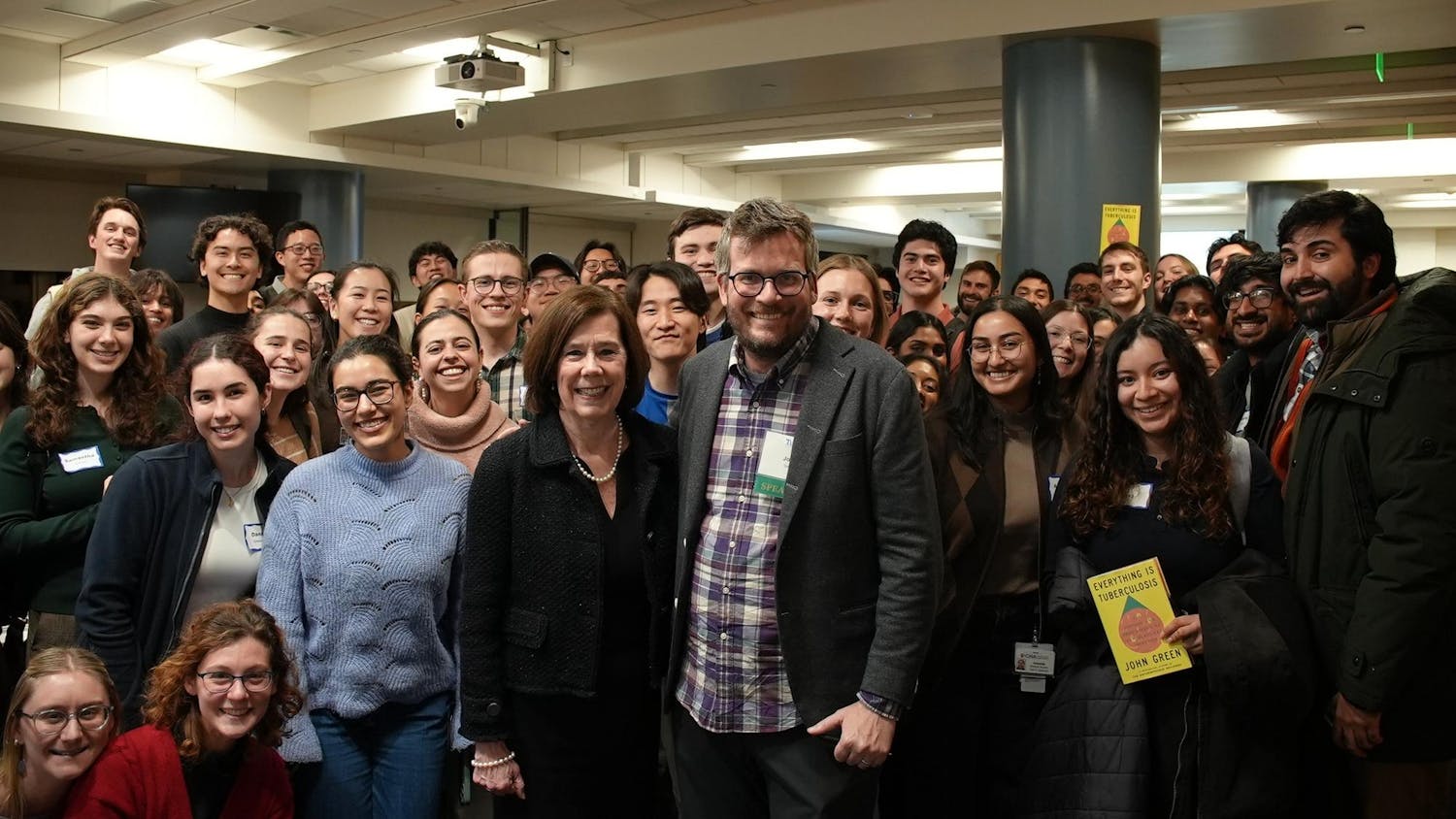Why do countries give foreign aid? Most would say to advance national interest. Clearly, however, donor countries like the U.S. don’t give purely out of generosity. They expect something in return. This idea is nothing new and is probably correct — but I don’t think it fully answers the question.
National interest is a somewhat abstract measure for understanding an international system. If we look at foreign aid as a sort of political marketplace, however, I believe we can find a more precise explanation.
It’s no accident that, with the obvious exception of China, aid tends to flow from robust democracies towards dictatorships or corrupt hybrid regimes. Imagine you are the leader of a democracy. To stay in power, you’re going to need to convince a large percentage of your country’s voters to support you again — perhaps millions of people. You can try to enact policy they like, but you certainly can’t pay them off — there are just too many of them.
Now imagine that you are a dictator. Your life just got a whole lot easier! You probably only need to keep a few thousand military officers, wealthy individuals and local leaders loyal in order to stay in power. They can be paid off.
To put it in economic terms: Autocracies have a comparative advantage in paying people off. Democratic rulers can spend relatively little money on foreign aid to buy favors from other, less democratic governments.
U.S. aid to Egypt, for instance, spiked just as the Carter Administration began negotiating the 1979 Egypt-Israel peace treaty and has remained elevated ever since. U.S. aid essentially bought the peace. This may cost a few billion dollars yearly, but is certainly less costly to American leaders than the trade and oil price disruptions a war could cause. If this entrenches Egypt’s autocratic government, so be it.
Countries can also implicitly buy and sell votes in international organizations. It’s no coincidence that newly minted nonpermanent members of the UN Security Council are lavished with aid from permanent members and international organizations like the International Monetary Fund. Nor is it surprising that Japan, seeking lighter restrictions on whaling, lobbied to include small, autocratic and land-locked Laos in the International Whaling Commission.
Recipient nations aren’t necessarily pawns, however. Donor nations can become nearly as dependent. The United States has given Pakistan billions in economic and military aid since 9/11 to combat the Taliban, yet the terrorist group remains entrenched in the country’s borderlands. This is not because the Pakistani military is incapable of defeating them. Counterintuitively, Pakistan has refrained from significant engagement with the Taliban in order to continue receiving American support. If the Taliban were to be defeated, the rationale for American aid would disappear.
Perhaps all this could be justified if it still helped the people that autocrats rule over. Unfortunately, there’s no evidence of that. On the contrary, studies have demonstrated a correlation between receiving aid and lower rates of economic growth. So, if we truly want international development and democracy, our foreign aid strategy needs a major rethink.
More from The Tufts Daily
Get Souped Up: Tomayto, tomahto
By
Arghya Thallapragada and Emily O'Hearn
| February 19
Road to the World Cup: Tournament opinions at Tufts
By
Antonia Toro
| February 19





